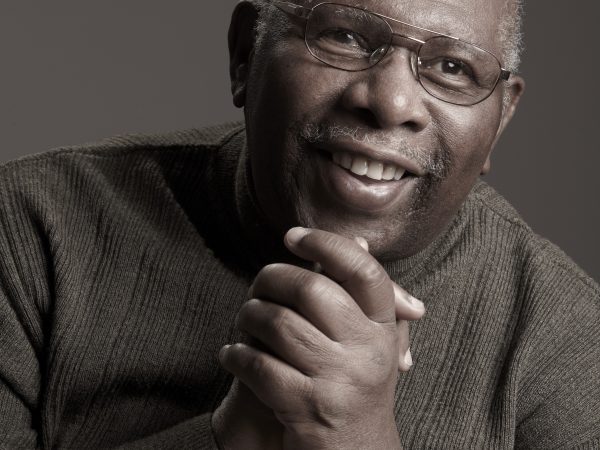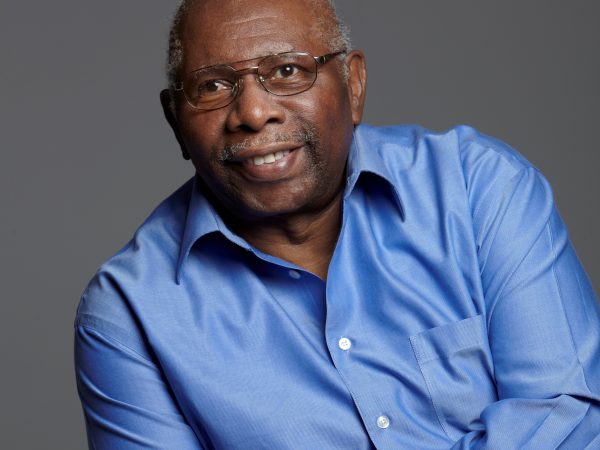At the ripe young age of five, the Montreal-born Dr. Oliver Jones made his debut as a pianist in the 1930’s. A child prodigy, he went on to have his first nightclub appearance by the time he was nine. Since then, the world-renowned jazz musician and 11-time JUNO Award nominee has celebrated many accolades during his 77-year career. In the mid-sixties, Dr. Jones accepted a Music Director position on a calypso orchestra that brought him to Puerto Rico. Upon his return in 1980, Dr. Jones decided he would pursue his career as a jazz pianist.
With 25 albums under his belt, Dr. Jones has toured the world playing for audiences across the United States, Europe, New Zealand, Australia, Switzerland, Japan, China and Africa. His Nigerian tour was the subject of the 1990 documentary, Oliver Jones in Africa by the National Film Board of Canada. Having performed at major jazz festivals and concerts alongside acclaimed orchestras, Dr. Jones has been recognized for his work across the globe. He is a member of the Order of Canada and the Order of Québec and has received the Governor General’s Performing Arts Award, the Martin Luther King Jr. Award, the Oscar Peterson Award, the SOCAN Special Lifetime Award, multiple Félix Awards and two JUNO Awards. He has six doctorates.
Dr. Jones leaves a legacy as someone who has paved the way for the Black music community in Canada. Along with his musical contributions, Dr. Jones was an educator at both Laurentian and McGill Universities through the late eighties and nineties. He was honoured with an official stamp as part of Canada Post’s tribute to Black history in 2013. Fans of the Canadian jazz star can reflect on his achievements and lasting career in his documentary Oliver Jones Mind Hands Heart, which premiered at the Montreal International Black Film Festival in 2017. After announcing his retirement in 2016, Dr. Jones had a final farewell concert in the Caribbean country of Barbados, where his parents were from.







